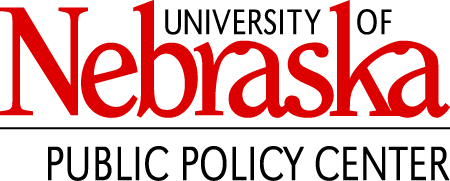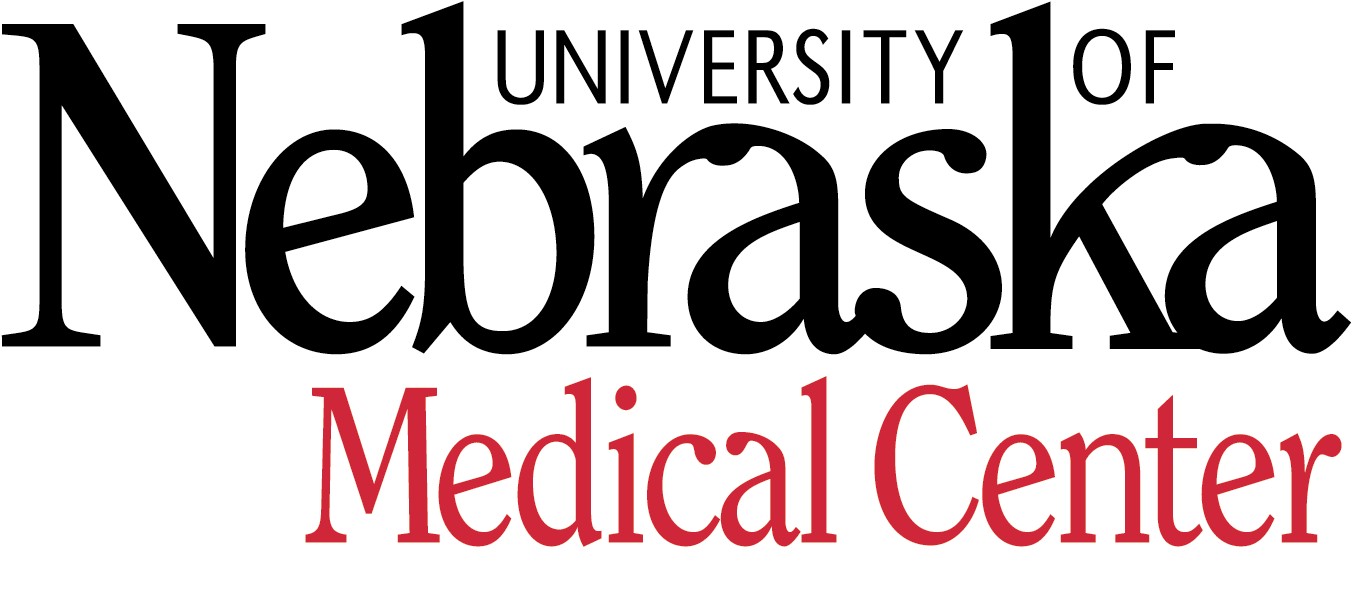Nebraska Disaster Behavioral Health Conference
The Nebraska Disaster Behavioral Health Conference is for psychiatrists, psychologists, social workers, mental health care providers, public health officials, nurses, clergy, emergency managers, and first responders to learn and recognize how to prepare and respond to the psychological effects of disaster and mass casualties.
2008 Conference
July 18, 2008
Embassy Suites Hotel
555 South 10th Street
Omaha, NE 68102
Objectives
1
Relate how time and faith have aided a survivor’s forgiveness and resiliency.
2
Identify at least three areas of public policy necessary to accomplish integrated and effective response and recovery.
3
Instruct participants in effective preincident networking and communication between disaster responders and news media.
4
Describe the goals and expectations and activities of a Disaster Behavioral Health Response Team.
5
Recognize how the DMORT Team integrates with the Coroner System to assist families in the grieving process.
Conference Speakers
Al Berndt
Assistant director, Nebraska Emergency Management Agency
Mr. Berndt is the Assistant Director of the Nebraska Emergency Management Agency. Mr. Berndt is responsible for a number of duties such as maintaining daily supervision oversight, establishing policy direction, and compliance with federal and state statutes for agency activities.
Fred Wilson
Mr. Wilson is a graduate of Central College in Pella, Iowa and of the Brown Institute of Broadcasting in Minneapolis. He has taught at the secondary level for about 25 years,
including Clear Lake, Shenandoah, and Council Bluff, Iowa. He taught at St. Albert’s in Council Bluffs for 8 years and considers them as much a part of his family as he does his Von Maur family, where he also has worked for 8 years. He is a member of First United Methodist Church.
Brian Flynn, ED.D.
Associate director of the Center for the Study of Traumatic Stress, adjunct professor of psychiatry, Department of Psychiatry, Uniformed Services University of Health Sciences
Dr. Flynn is a consultant, writer, trainer, and speaker specializing in preparation for, response to, and recovery from, the psychosocial aspects of large-scale emergencies and disasters.
Dr. Flynn served as rear admiral/assistant surgeon general in the United States Public Health Service (USPHS). He has directly operated and supervised the federal government’s domestic disaster mental health program (including terrorism), programs in suicide and youth violence prevention, child trauma, refugee mental health, women’s and minority mental health concerns, and rural mental health. He is recognized internationally for his expertise in large-scale trauma and has served as an advisor to practitioners, academicians, and government officials in many nations. He is the author of many publications in the area of human response to both natural and human-caused disasters. During his career, he has been the recipient of numerous honors and awards including the prestigious Health Leader of the Year Award for 2000 awarded by the Public Health Service Commissioned Officers Association and the Distinguished Service Medal, the highest honor of the USPHS.
Bruce Shapiro
Executive director, Dart Center for Journalism and Trauma
Mr. Shapiro is a regular contributor to The Nation and many other publications, and for the past decade has taught investigative journalism at Yale University.
Bruce Shapiro’s leadership in reforming news coverage of violence dates from 1994 when he was critically injured in a stabbing near his New Haven, Connecticut home. Shapiro’s account of his journey from crime reporter to crime victim, published in The Nation in 1995, was a National Magazine Award finalist in essays and criticism. Over the next several years Shapiro reported extensively on crime victims and American society. As a consultant to the Dart Center, Mr. Shapiro launched a wide range of activities both in the U.S. and worldwide in locations as diverse as New Orleans and Belfast.
Andrew P. Klatte
Assistant deputy director, Office of Emergency Preparedness, Indiana Division of Mental Health and Addiction
Mr. Klatte has worked in the field of Mental Health and Developmental Disabilities for 27 years, the past 20 years with the State of Indiana. He is a nationally known speaker and has presented on the topics of the psychological aspects of terrorism, disaster preparedness, and mental health planning and response. Mr. Klatte is also the director of Project Aftermath, a crisis counseling program. Project Aftermath has responded to 10 major federally declared disasters in Indiana since 1997. Mr. Klatte was the point person for the mental health teams that were deployed to Mississippi.
John Filippi, DDS, D-ABFO
Forensic odontologist and lead dental consultant for the State of Nebraska
Dr. Filippi is a board-certified forensic odontologist and lead dental consultant for the State of Nebraska. Dr. Filippi’s first involvement in mass disaster dental identification was in 1989 with Flight 232, in Sioux City, Iowa. Since 1991, through his affiliation with the HHS/NDMS/DMORT Teams, he has been actively involved with Mass Disasters Responses in six major airline crashes. His experience also includes two tours of service at the World Trade Center/911 and Hurricane Katrina in New Orleans. Dr. Filippi is the training officer for DMORT Region 7 Response Team, is a fellow in the American Academy of Forensic Sciences, a Board of Governor for the American Society of Forensic Odontology, and on the Board of Directors for the American Board of Forensic Odontology.
Conference Materials

Conference Agenda
Contacts
University of Nebraska Public Policy Center
Disclaimer
This website is part of a coordinated effort on behalf of the U.S. Federal Government and the Nebraska Department of Health and Human Services Division of Public Health, Division of Behavioral Health, and the University of Nebraska Public Policy Center. Funding was made possible [in part] by U3REP190555 from the Office of the Assistant Secretary for Preparedness and Response (ASPR). The views expressed in written materials or publications do not necessarily reflect the official policies of the U.S. Department of Health and Human Services or the Nebraska Department of Health and Human Services, Division of Public Health; nor does mention of trade names, commercial practices, or organizations imply endorsement by the U.S. Government or the State of Nebraska.









